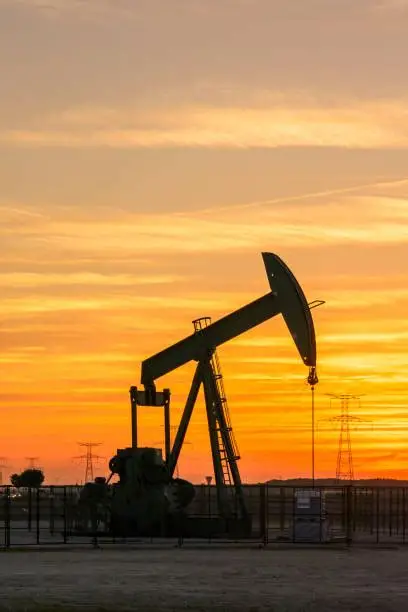
The country’s push to revive its dwindling oil fortunes is taking centre stage again as the state prepares to drill its first onshore exploration well in the Voltaian Basin during October 2026.
The announcement, delivered by Finance Minister Dr. Cassiel Ato Forson during presentation of the 2026 Budget Statement, comes against the backdrop of a sharp fall in national crude output.
Production has plunged from 71.4 million barrels in 2019 to a projected 36 million barrels next year, a decline that has weakened petroleum revenues and heightened pressure on policymakers. Dr. Forson insisted that government is taking “decisive action” to arrest the downward trend. He pointed to the Voltaian Basin, a vast 104,000-square-kilometre stretch considered one of the country’s most ambitious exploration prospects, as central to that strategy.
Early assessments, he said, show promise and the state is pushing ahead. “The prospects look good to expand Ghana’s hydrocarbon production.”
He also disclosed that a review of the country’s upstream regulatory and fiscal regime is underway to make the sector more competitive and transparent. But the Finance Minister’s assurances have opened a fresh round of debate, particularly among civil society groups that have followed the Voltaian Basin project closely over the years. They argue that the shifting timelines, lack of visible progress and the resources already sunk into the basin raise serious questions about GNPC’s preparedness.
GNPC had earlier indicated at the 2024 Local Content Conference and Exhibition in Takoradi that drilling would begin in 2025. At that event, GNPC’s Manager for Exploration and Appraisal, Michael Aryeetey, described the basin as a potential “game-changer” capable of unlocking sizable hydrocarbon reserves.
However, Policy Lead on Oil and Conventional Energy at the Africa Centre for Energy Policy (ACEP) Kodzo Yoatse, reacting to latest announcements on the project, said confidence has waned rather than grown.
“GNPC has not given us anything to instil confidence about the Voltaian Basin’s prospects ,” he said. “Even the timeline for drilling keeps shifting. The Corporation has spent over US$120million on that basin over the years with nothing concrete to show.”
Mr. Yoatse believes the state should urgently reclaim idle petroleum blocks and re-allocate them to qualified exploration and production companies to demonstrate a serious commitment to reversing the downward production trend.
While ACEP raises doubts about GNPC’s preparedness, others are turning attention to feasibility of the basin itself, especially its timeline for contributing to national output.
The Africa Sustainable Energy Centre (ASEC) is equally cautious. In its latest assessment, the organisation maintains that even if drilling begins in 2026 the basin will not add to national output in the near-term.
“Commercial production from the Voltaian Basin is not feasible before 2033–2036. While it remains a long-term strategic asset, it cannot be the country’s answer to current fiscal pressure,” ASEC stated.
ASEC’s Director of Research and Innovation, Dr. Elvis Twumasi, added that the basin should be viewed as a future pillar of Ghana’s petroleum sector, not as a remedy for present revenue shortfalls.
But he maintained that GNPC must be held accountable, as it will play a critical role in reversing the country’s dwindling oil production.
“ASEC is deeply concerned that GNPC has failed to remit US$488.8million of Explorco lifting proceeds to the Petroleum Holding Fund (PHF). This represents a breach of transparency and statutory obligations, especially at a time when GNPC has a critical role to play in reversing the decline of crude oil in Ghana.”
Furthermore, the CSO noted that, in addition, unacceptable diversions of petroleum funds – including the GH¢4.9million golf clubhouse expenditure – highlight the urgent need for stronger financial discipline and oversight.
“These matters must be under formal review and government should enforce full accountability to protect national resources before handing over oil fields to its subsidiary, Explorco.”
